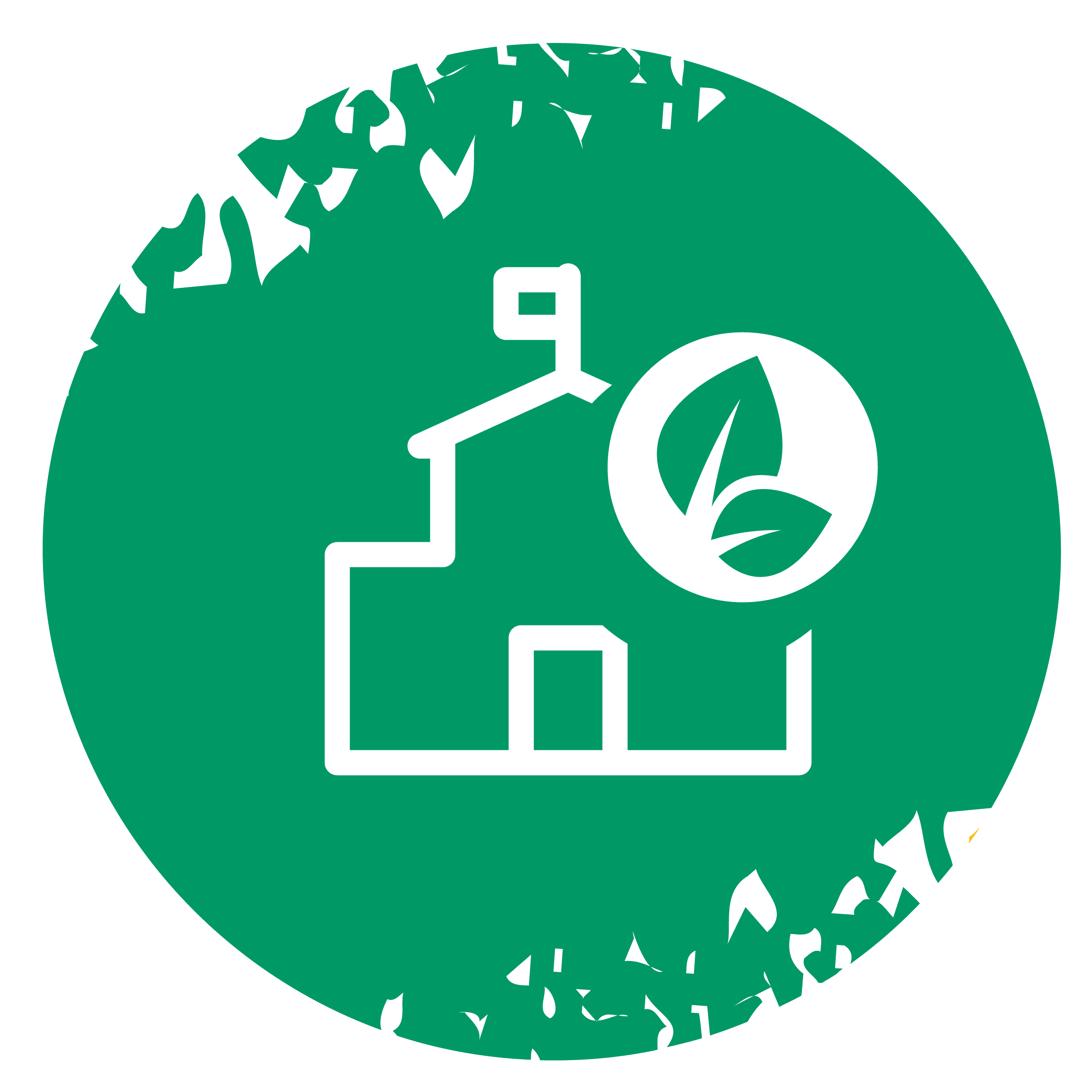Making sense of sustainability transitions and complexity
In this first module we will introduce some key notions that will pave the way for the whole MOOC. In all the cases we’ll concentrate on aspects that we consider relevant for practitioners wanting to address more effectively societal challenges and to contribute to sustainability transitions.
We’ll explain:
-
The concept of sustainability transitions, pointing out the aspects that are relevant for practitioners and for the objectives of this MOOC.
-
Some basic concepts to understand and manage complexity more effectively
-
The ideas behind “system thinking” and their relevance for sustainability transitions
We need these ideas, concepts and tools not to find accurate solutions to the environmental and social problems of our society, but to become more comfortable with complexity and uncertainty. We need new perspectives to understand how to transform our systems towards more sustainable and inclusive pathways and, as we are facing very complex problems, we need -first and foremost- to understand the nature of complexity.
Frameworks to understand sustainability transitions and new approaches to innovation policies
Having set the brick bones of our MOOC in module one, we can now look at the theory and the policy of sustainability transitions.
We will present some frameworks to understand them. In particular, we will go through the so called “Two-Loops model” and the “Multi-Level Perspective”, which offer complementary views of how to navigate complexity.
We need these ideas, concepts and tools not to find accurate solutions to the environmental and social problems of our society, but to become more comfortable with complexity and uncertainty. We need new perspectives, concepts and tools to understand how to transform our systems towards more sustainable and inclusive pathways and, as we are facing very complex problems, we need -first and foremost- to understand the nature of complexity. Based on that understanding we can reflect on the role of policy to stir us in the right direction.
In this module we will also talk directly to experts and practitioners, so that they can tell us first-hand what kind of innovation policies we need for managing sustainability transitions.
Better governance for sustainability transitions in the MED: The INTERREG MED Programme
in this module we are going to discuss the governance of multilevel sustainability transitions in the Mediterranean. We are going to focus on the Programme Interreg MED, which, together with Smart Specialisation Strategies (S3) (see Module 4), is one of the two main tools to support transformative innovation managed by MED actors.
As we have seen in the first part of this MOOC, addressing the SDGs and leading transition towards sustainability in the MED requires both government actions across multiple policy areas and levels and bottom-up innovation and experimentation framed systemically.
The governance of these transformative processes presents many complexities and raises questions to policy makers such as:
-
How can we achieve coherence across policy areas and levels of governance to support transitions?
-
How can we steer the emergent and dispersed innovation bottom-up processes towards the SDGs and sustainability transition?
-
How can we manage the inevitable risks and costs of the transition, in particular the opposition of those actors afraid of losing with the change?
Those are questions that have not simple answers. Many of the challenges need to combine economic, social, environmental and political responses. In this module we address these questions from the perspective of how the Programme Interreg MED is contributing or can contribute in the future to these governance challenges.
Smart Specialisation and transformative innovation policies
In our last module we are focussing on “Smart Specialisation Strategies” or S3s, which have been a key tool for regional development since the programming period 2014-2020
Why are we doing that?
We are looking into S3 because they are main tool that EU regions have to develop their territories and because, recently, a fourth “S” has been added to these strategies: that of sustainability. In other words transforming socio-technical systems has become central also to EU Cohesion Policy and we believe there is a need for a joint reflection on how Smart Specialisation can be oriented towards sustainability.
In what follows we will briefly review the recent history of Smart Specialisation and we will answer key questions about their role in re-orienting our system.












